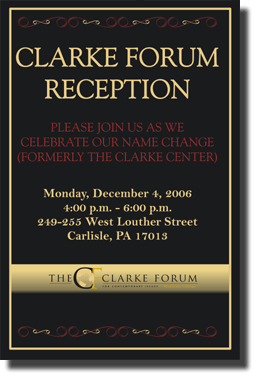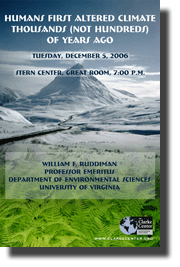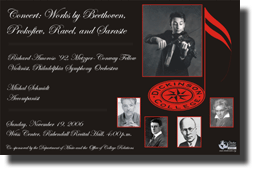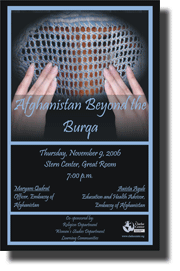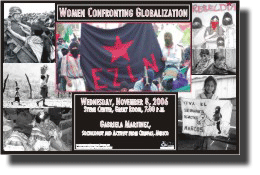Film Showing and Discussion: Angels and Insects
Friday, February 16, 2007
7:00 p.m. – The Depot
Snacks Provided
Philip Haas directs this film about a poor naturalist, William Adamson, who returns home to Victorian England in 1864 after having spent years along the Amazon River where he studied all kinds of animals, mainly insects. He lost all his possessions after being shipwrecked. Forced to accept the charity of the wealthy Alabaster family, he falls in love and married their daughter. With her he starts a family, but a tragic revelation destroys their life.
Prof. Ashton Nichols will lead a discussion following the film showing.
Philip Haas is also the director of the upcoming movie, The Situation, which will have a special showing at The Carlisle Theatre on Sat., March 24 at 7:00 p.m., sponsored by The Clarke Forum. Read more











